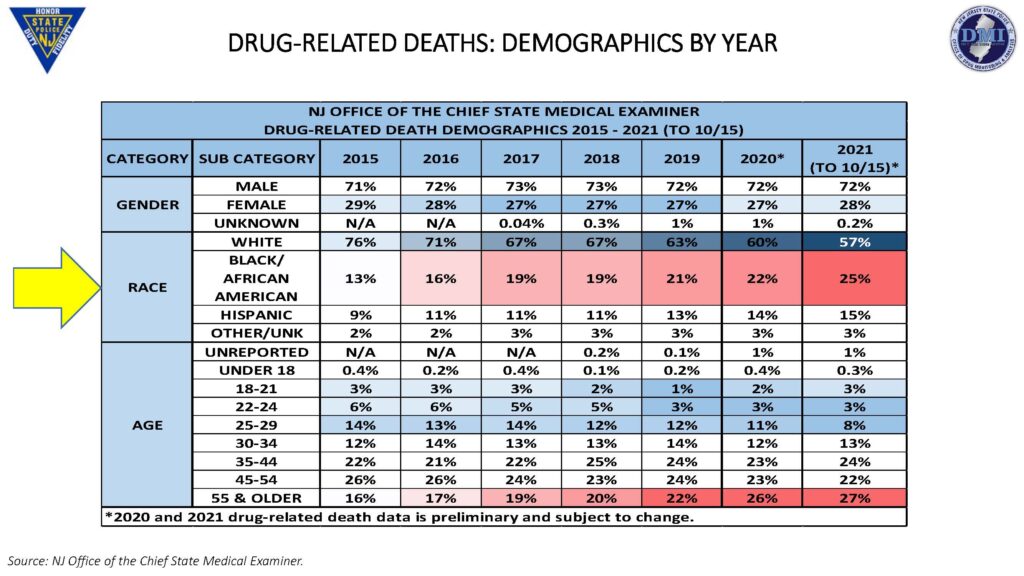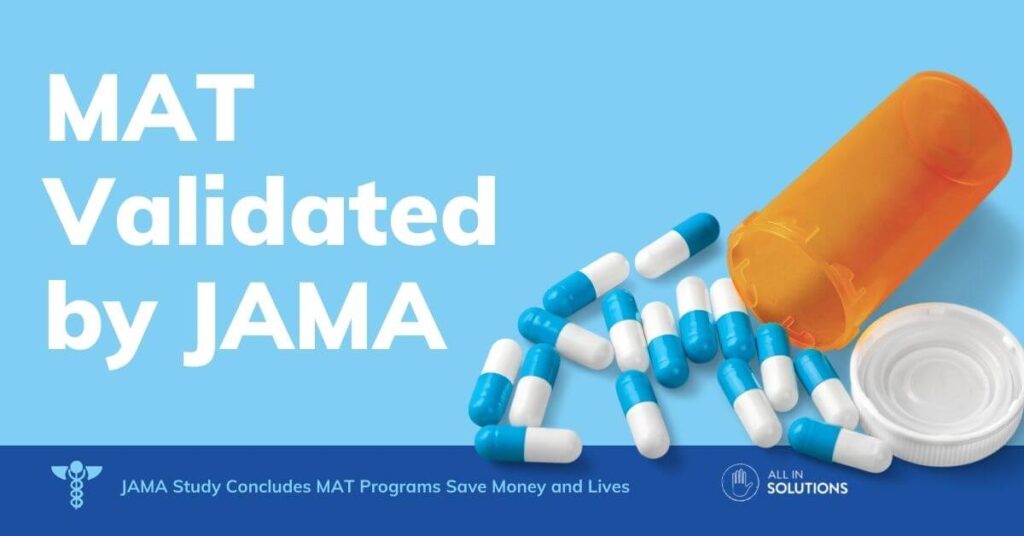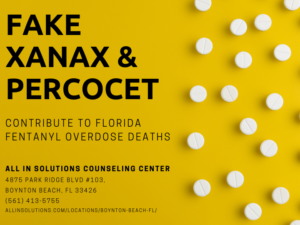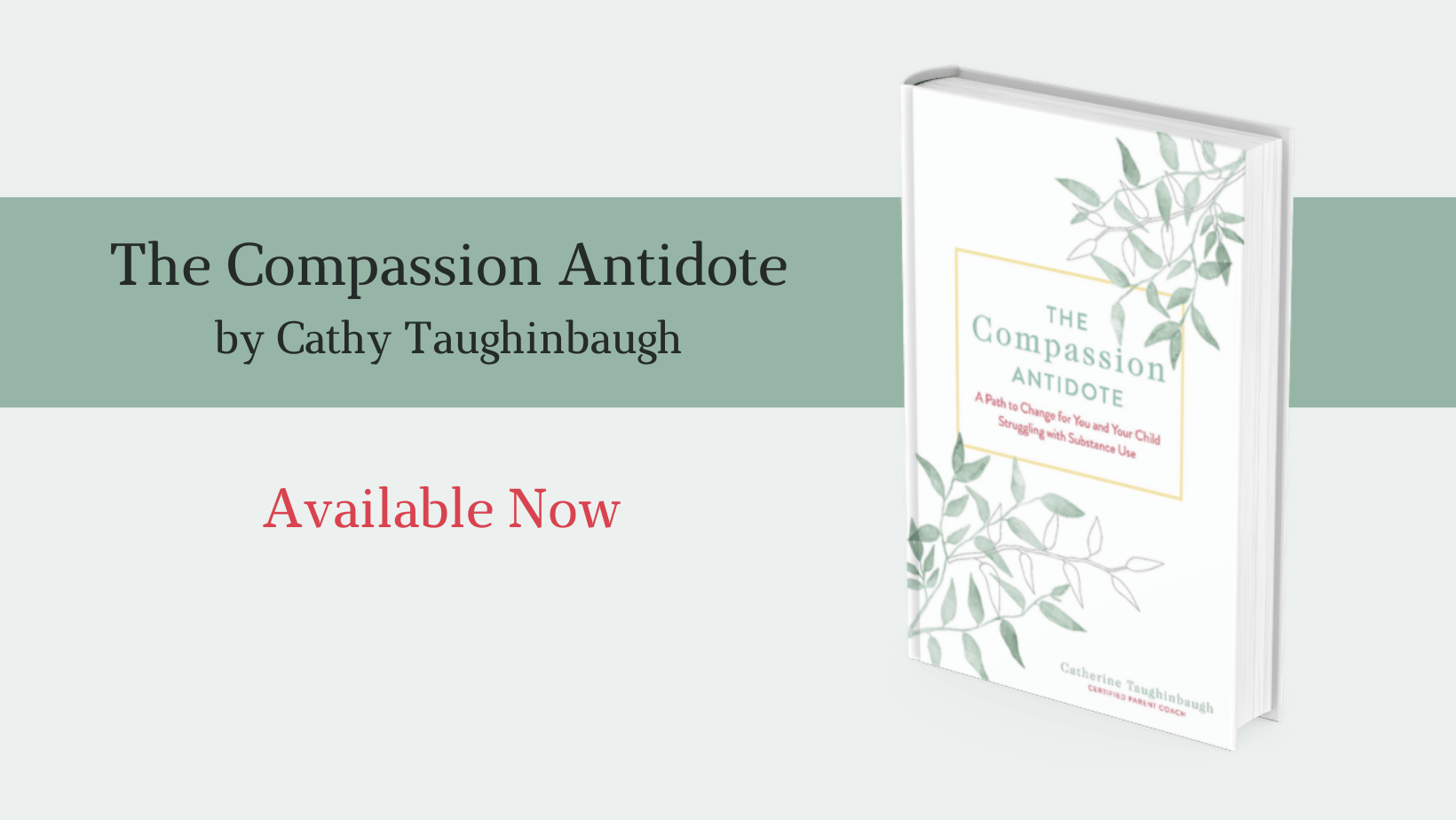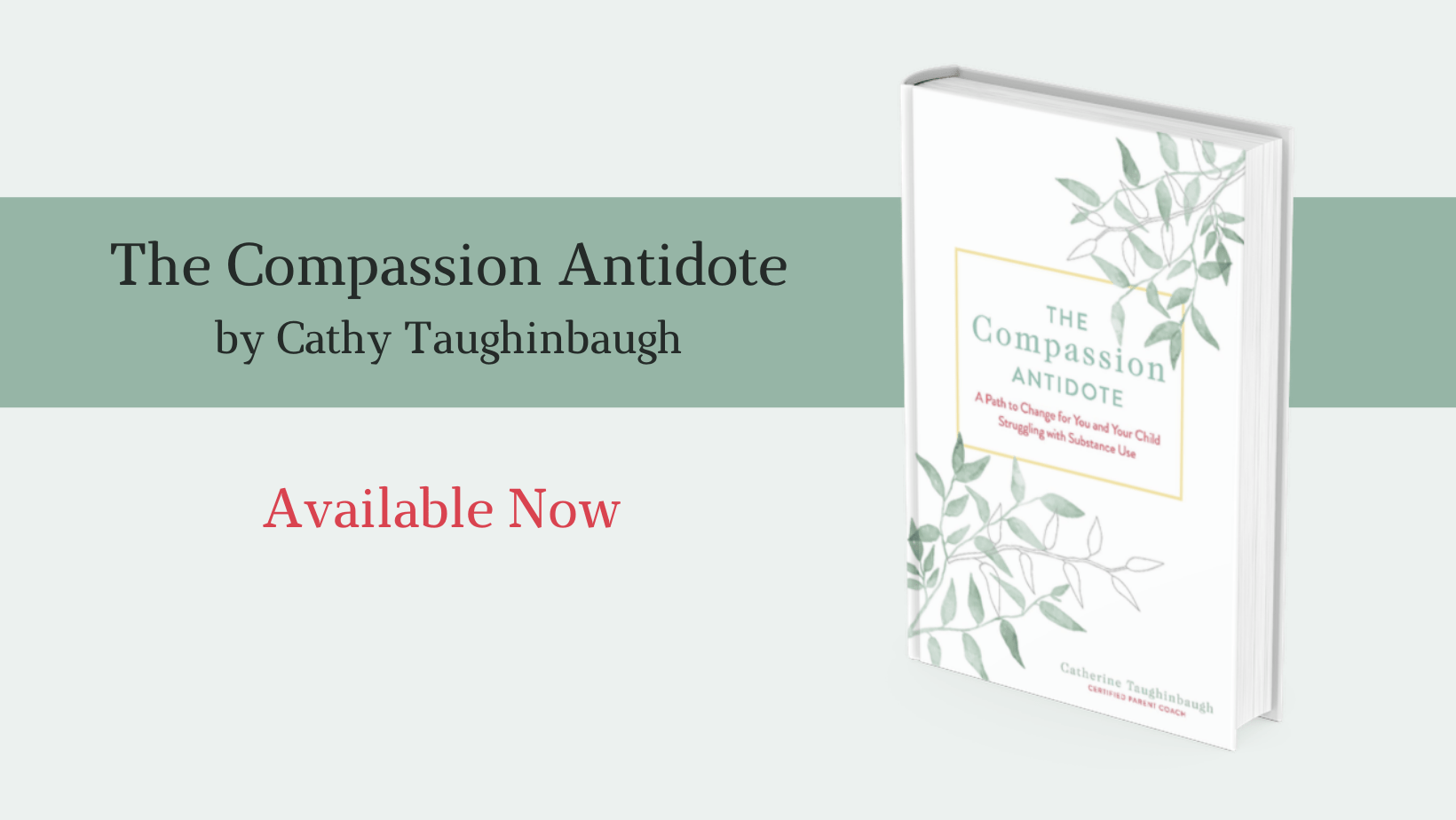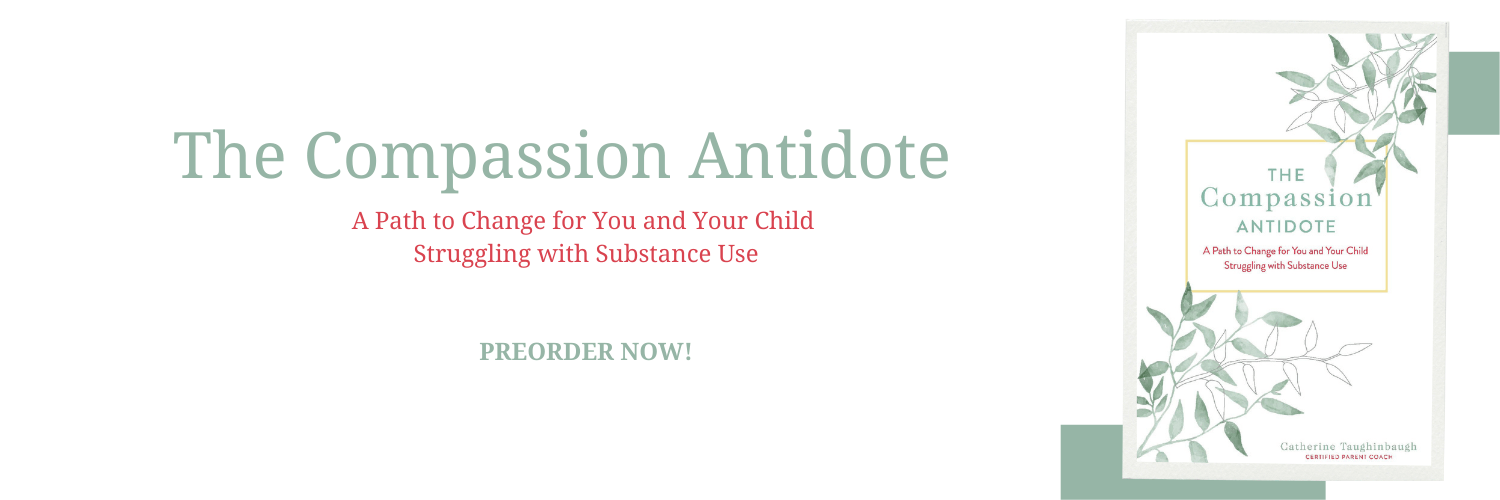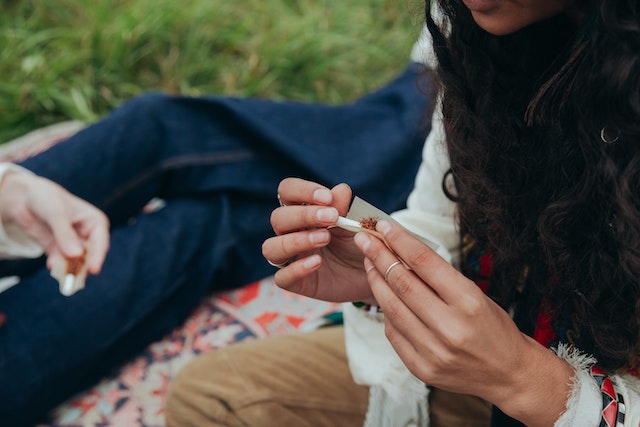How to Use CRAFT to Help Your Family Change: Meet Patrick Doyle
How to Use CRAFT to Help Your Family Change: Meet Patrick Doyle
Sat, 05 Feb 2022 21:08:56 +0000
This article originally appeared on:
cathytaughinbaugh.com/craft-meet-patrick-doyle/This week I’m excited to be interviewing Patrick Doyle, who is sharing his thoughts about the benefits of Community Reinforcement and Family Training or CRAFT.
Welcome, Patrick!
How did you get started in this field? What is your background?
Thanks so much for this opportunity. As you know, there are so few people who are even aware of Craft and it’s great to meet a comrade who is trained and skilled such as you are.
I always find that when I have a conversation with someone like you, who is using CRAFT, I get excited, and we connect on so many different levels. If you use it, you love it because it works.
I became interested in the mental health and addictions field as I came out of adolescence. I was raised in a family where there was a lot of love, but there was also a lot of stress. It was a difficult family to grow up in sometimes.
So as I hit adolescence, I developed depression, which increased. Once I had gone off to college, I got into treatment for depression. Getting out of undergraduate, getting involved in psychiatric treatment, and seeing my recovery just taught me how psychiatry, counseling, and medications can work. So I got a job in the field.
I started working in an inpatient clinic. It was a psychiatric unit that also did a lot of work with substance use disorders. In effect, it was a dual diagnosis program. Although we didn’t use the term dual diagnosis back then, that’s exactly what it was. The two populations were mixed in the same community hospital, and it was a wonderful experience.
I learned how to work with people with addiction and depression. I loved it and got a Master’s in Social Work. After that, part of my training was at McLean Hospital in Massachusetts. The social workers at MC meet with the families. The families are very much involved in the residential treatment of their loved ones.
I saw the power of getting the family involved in treatment, getting collateral information from the family, and running treatment plans by the family, especially with discharge plans. In those days, very few places do a good job at discharge planning from residential addiction treatment back to the community. I saw the power of all this and fell in love with the field.
I’ve been working as a clinical social worker with families and individuals, and I’ve always been drawn towards addiction. Maybe it’s because they’re the most highly stigmatized patient population, and I’ve always been drawn to an underdog. I felt like they were my people.
I did an outpatient psychotherapy practice for many years in addition to an agency job. I became interested in life coaching and started working with families with addiction about five years ago as a life coach, which allowed me to do the work by phone. I could work across state lines because it’s not regulated. I could have family meetings, even if the family was scattered across the country, using a conference call.
CRAFT
The work was so gratifying because it met such a need. Families are underserved, they’re undervalued, and they’re under-recognized. They’re kept out of addiction treatment, even though we know that involving the family in treatment improves outcomes dramatically. I saw I was getting tremendous results, and I’ve always been in love with CRAFT. I’ve always been drawn to the CRAFT method of kindness, compassion, loving communication, and not turning our backs on our loved ones.
I didn’t take the formal CRAFT course with Dr. Bob Myers until last March. I also took the Center for Motivation and Change Invitation to Change Program, which I loved as well. It is based primarily on CRAFT.
After taking the CRAFT training, I decided to go for the certification. The training certification was challenging. It was a labor of love because it’s very technical. But in December, after working at it for about nine months, I finally passed all nine sections and became certified in the CRAFT method as a clinician.
Another nice thing was that the families were finding it so useful. We saw tremendous results in as few as three sessions for the families improving their quality of life and their loved ones with addiction. They were coming around.
One family, I was working with the parents. They had an adult son in his thirties who had a severe level of alcohol use disorder for a good fifteen years. The sun had been in many different residential programs for about fifteen years. He was never able to abstain from alcohol for more than two weeks at a time.
The family reached out to me, and I started training the family in CRAFT being very specific. The family gets homework assignments to work on in between the sessions. And that’s also a good thing. The role-playing with the family gives them tools that they can use. After three sessions, the parents described how for the first time in fifteen years, their son, who was living with them, came to them and asked for help with his drinking problem.
In fifteen years he had never asked for help from them. That was a miracle. What had happened was that the parents were changing their approach. Instead of voicing their frustrations and trying to help him get into treatment programs, they changed.
They started having open-ended conversations and understanding what was behind the compulsive alcohol use. They learned how to encourage him and positively reinforce or praise him for anything positive that he did. They found that he started asking for help and getting involved in treatment. They found their love for their son again, which was amazing.
Instead of when the son was sleeping late and staying in the bed, maybe making a sarcastic comment, which is understandable, they might sit down and say, how are you doing? Is there anything I can do to help? Helping the parents focus on any positive behavior that the son was showing helped them find the love for him that they had but had lost sight of.
Hearing their interactions in the home had become so loving and supportive was powerful. I’ve never seen anything quite like it in all the work I’ve been doing with families. The families just found it so useful to be given the training of CRAFT, the homework assignments, and putting them into practice.
It transformed me too. People that don’t know what CRAFT is, we’re all trying to get it out there.
Watch the video here:
What would be the difference between a traditional approach, say a counselor who was not CRAFT trained to someone who is CRAFT trained? What would be some of the differences in the approach?
Great question. Unfortunately, most of the treatment industries in the United States are still using outdated approaches. They’re still in the dark ages. Time after time, families and persons with addiction would say the families were advised that you cannot support your loved one with an addiction.
You have to kick them out of the house. You have to cut off any financial support. You can’t take their phone calls. And basically, the advice they’re still given is you’ve got to practice tough love. You have to let them hit rock bottom.
There never was any evidence for that. There is never a good reason to do that. It worked for some people, but I cannot imagine how many people it did not work for. How many people that we lost in that process.
Families tell me that they don’t feel comfortable with the Johnson intervention model or even detaching with love and not helping their loved ones. But with the CRAFT method of kindness, compassion, and helping you stay involved, maintaining a loving relationship with that person feels much more comfortable for them. They don’t want to give up.
And they know that if they’re not there, helping their loved ones out as best they can, the risk that their loved one comes to harm is very high, especially with the fentanyl and the street supply.
The CRAFT method, I’m finding, works well with families who don’t want to give up. They can’t stand the idea of turning their backs. What is different about CRAFT than other approaches is that it’s not enabling unless you think of enabling as enabling a person to live.
Families learn skills
It’ll enable you to support that person’s safety while time passes. You hope there’s more motivation to get into treatment, to decrease their use, to gain health and recovery. And that’s what the families find really useful. The other thing is that CRAFT families learn skills. These are dramatic changes for the family, and they have to be taught the skills to do that.
For example, take positive communication, I learned more about positive communication from taking CRAFT and getting certified. The beauty of the CRAFT method is that parents learn skills.
They learn different behaviors. They learn positive communication, making “I” statements, and keeping the focus on them and their feelings. They learn how to demonstrate an understanding of that person with the addiction and to learn more about addiction.
And then to give an offer of help. It is not an offer of help that the family thinks would be the good thing to do, although that is natural. Instead, leaving it open-ended and asking the person with the addiction, what can I do to help?
And so I think that’s a key difference. We know that patients who make their own decisions about healthcare tend to do better. They have better outcomes, even if clinicians don’t think they’re making the best choices. They do their best, and we support them in making their best choice.
And so they’re willing to do the work, and the work reinforces itself because they get such benefits from it. They love doing the homework, and they love doing the practice role-plays. And with me getting advice and guidance from my CRAFT program helped me be more skilled in leading the role plays, and the reverse role plays. That’s how people learn is to practice, practice, practice.
Families that go through this and then get their child into treatment. They’re excited and everything’s great. Then a week or two later, a month later, whatever it is, it’s clear that there’s been a relapse or a slip. How can you use CRAFT in a situation like that? What would you suggest would be the next steps if a relapse is happening?
My sense is that’s not a strong point of CRAFT. CRAFT can bring you to the point that in 70% of the situations, you can encourage your loved one to get into treatment. CRAFT is really good up to that point. I haven’t gotten much yet from CRAFT about what you do beyond that. But that’s okay. And what I do and what I’m sure you do as well, Cathy is that we offer ongoing coaching services and relationships to the families because they will need it.
We offer ongoing coaching services and relationships to the families because they will need it a lot of times. So when they see that their person has resumed use, they need the support, they need to try to figure this out.
It’s hard not to lose heart. It’s hard not to feel discouraged when you see that happen. So families need CRAFT-trained coaches who will help them realize that all is not lost, staying in the moment. And looking at what we have now is really useful for these families, especially when someone has resumed use. They also need help recognizing all the gains and the recovery that has happened.
Just because a person has resumed use doesn’t mean they are going back to square one and that they’re back in the bottom of the deep pit, again. It might have been a year ago, five years ago, or ten years ago. I’ve seen this, and that’s another difference.
The traditional addiction treatment industry describes it as you are back to square one. You’ve only got one day of sobriety. You’ve got to start it all over again. But what we’ve seen is that people who are using can demonstrate significant recovery and better judgment so that it helps them get back into recovery sooner.
I see more that they pick up where they left off. They’re not starting all over from scratch again. They’re continuing their recovery journey. They’ve learned all these lessons, and they have maturity. The thing is to reach out and provide help, support, and education to the families when they hit a rough patch.
It’s a part of the illness for many people, right?
I will also add that there was another family that I was working with, and they had a sibling who was in her fifties, who had finally agreed to residential treatment. I stayed in contact with the family because they still need support when their loved one is in treatment. In this particular situation, their sister, who was in her fifties, would call her on the phone at the program.
She would say she was fine. There was nothing wrong with her. She didn’t have an alcohol use disorder. And she was going to get discharged early because she was doing so well. So the families would say to me, we’re so upset. She’s not benefiting at all from this. And we’re so frustrated. We want you, Patrick, to tell the treatment team at that facility what she’s saying to us. They wanted to nip this in the bud.
They needed me to say, okay, guys, take a step back. I mean, if you think about it, a week ago, she was refusing to go to residential treatment. Now she is in residential treatment. She’s made an agreement to stay for two weeks, and so you guys think she needs a month or longer, maybe she does. But she’s there, and she hasn’t left. She’s agreed to two weeks, so look at where you were a week ago. This is fantastic.
So the families benefited from having an expert who could reframe that for them. And then they could take a deep breath, and they could just let it be. I coached them, and I said, you know, when she starts talking trash like that, I would discontinue the conversation and say, “You know, I love you. You’re doing great. Keep up your great work. I’m l looking forward to the time when you’ll be back home again.” They learned how to do that, but they needed a lot of support.
What final words do you have for parents that are just finding out their children are using substances or starting to get dependent on drugs or alcohol?
Don’t panic. Reach out for any support group you know, talk to your family physician about it, talk to your close friends, and try not to isolate yourself from it. There’s a natural human response that we don’t want other people to know. We wonder if we were part of the problem.
So the first session of the CRAFT program, we emphasize to parents that “No, you didn’t cause this, and you’re not to blame for this. You’re not responsible for this addiction.”
I’ve seen situations where families did not feel like they could talk about this to other people because everybody’s got an opinion. Everybody would give them advice and tell them that they were doing wrong. The families tend to go underground, which makes it hard.
Find people you feel comfortable with who are positive and support you in your journey. Don’t be afraid to get professional help. Learn about professional coaches and reach out. Try not to isolate. Try to learn all you can about addiction and how it impacts the family.
I love to talk with people, and I love families. I love families with addiction. I love people with addiction.
Patrick Doyle is a Social Worker, one of only twenty-two Certified CRAFT Clinicians in the U.S, and has been helping families and persons with addiction find health and recovery for more than thirty years. In his national Family Coaching service, he has helped thousands of families learn to communicate effectively and to find quality treatment. Patrick also has advocated with treatment programs on behalf of patients to involve families in the treatment, which has resulted in improved outcomes and better aftercare planning. Patric can be reached online at familyaddictioncoach.com. You can find Patrick’s podcast here.
All In Solutions Counseling Center is a network of drug and alcohol treatment providers. We offer inpatient and outpatient addiction treatment programs that are individualized to meet each client's needs. Our specialized programs include:
Our locations include:
Did you miss our previous article…
https://www.allinsolutions.com/how-to-have-compassion-for-yourself/
How to Use CRAFT to Help Your Family Change: Meet Patrick Doyle-All In Solutions-All In Solutions - A Solutions Based Behavioral Healthcare Group
from All In Solutions https://ift.tt/5412pqX
via
IFTTT
